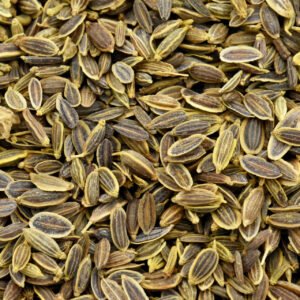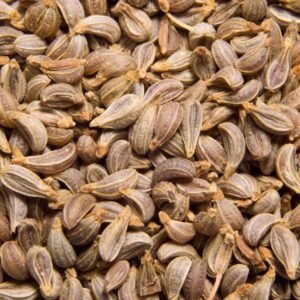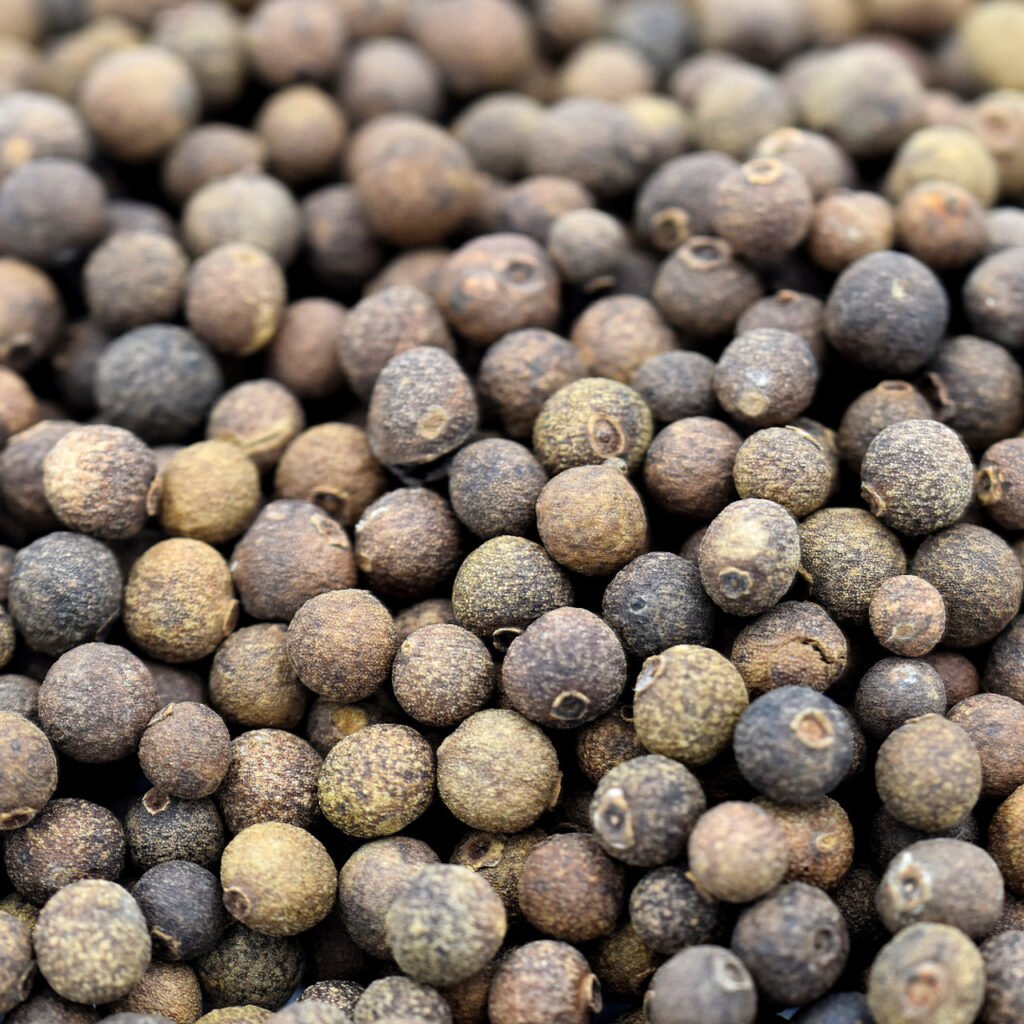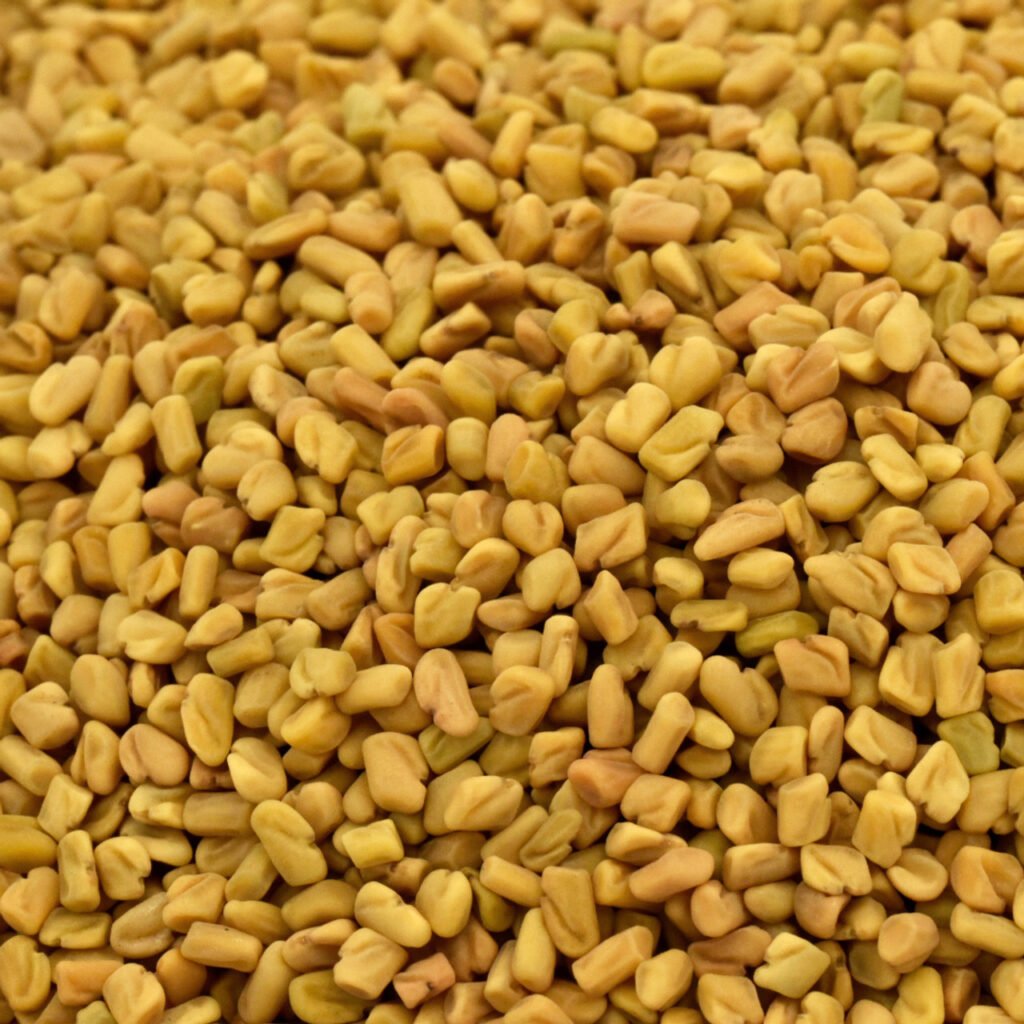Dill Seeds
Dill seeds, scientifically known as Anethum graveolens, are commonly used as a spice in various cuisines worldwide. However, dill seeds are more than just a flavorful addition to your meals. They are loaded with numerous health benefits that make them an essential addition to your daily diet. In this article, we will explore the various health benefits of dill seeds, their nutritional value, how to use them, and possible side effects.
Nutritional Value of Dill Seeds
Dill seeds are rich in vitamins and minerals that are essential for maintaining good health. They are a rich source of calcium, iron, magnesium, and potassium. They also contain vitamin A, vitamin C, vitamin K, and several B-complex vitamins like riboflavin, niacin, and thiamin. Dill seeds are also a good source of dietary fiber and protein.
Health Benefits of Dill Seeds
Promotes digestion
Dill seeds are known for their ability to promote digestion. They have anti-spasmodic properties that help to calm the digestive tract and reduce stomach cramps. Dill seeds are also a natural laxative that can help relieve constipation.
Relieves constipation
Dill seeds are a natural remedy for constipation. They contain essential oils that stimulate the digestive system and promote bowel movements. Consuming dill seeds regularly can help to regulate bowel movements and prevent constipation.
Reduces inflammation
Dill seeds contain essential oils like eugenol, carvone, and limonene, which have anti-inflammatory properties. These essential oils can help to reduce inflammation in the body and relieve pain caused by conditions like arthritis, gout, and other inflammatory disorders.
Lowers blood sugar levels
Dill seeds contain compounds that help to lower blood sugar levels. These compounds, called flavonoids, work by stimulating insulin production in the pancreas, which helps to regulate blood sugar levels. Consuming dill seeds regularly can help to prevent and manage diabetes.
Reduces menstrual cramps
Dill seeds are a natural remedy for menstrual cramps. They have anti-spasmodic properties that help to calm the uterus and reduce menstrual cramps. Drinking dill seed tea during menstruation can help to alleviate the pain and discomfort associated with menstrual cramps.
Promotes bone health
Dill seeds are a good source of calcium, which is essential for maintaining strong and healthy bones. Calcium is also important for preventing conditions like osteoporosis and arthritis. Consuming dill seeds regularly can help to improve bone density and prevent bone loss.
Fights against cancer
Dill seeds contain compounds that have anti-cancer properties. These compounds can help to prevent the growth and spread of cancer cells in the body. Consuming dill seeds regularly can help to reduce the risk of developing various types of cancers like breast, colon, and prostate cancer.
Promotes healthy skin
Dill seeds are a rich source of antioxidants and vitamin C, which are essential for maintaining healthy skin. These nutrients help to protect the skin from damage caused by free radicals and UV radiation. Consuming dill seeds regularly can help to prevent premature aging and promote healthy and glowing skin.
Aids in weight loss
Dill seeds contain compounds that can help to suppress appetite and promote weight loss. These compounds work by increasing the production of digestive enzymes and promoting the breakdown of fats in the body. Consuming dill seeds regularly can help to promote weight loss and prevent obesity.
How to Use Dill Seeds
Dill seeds can be used in various forms to reap their health benefits. Here are some ways to use dill seeds:
Dill seed tea
To make dill seed tea, boil a cup of water and add a teaspoon of dill seeds to it. Let it steep for 5-10 minutes and strain the tea. You can add honey or lemon juice to enhance the flavor.
Dill seed oil
Dill seed oil is a concentrated form of dill seeds that can be used for medicinal purposes. It is available in health food stores and online.
Dill seed powder
Dill seed powder can be added to your meals as a spice. It is commonly used in Indian and Middle Eastern cuisines.
Dill seed pickles
Dill seed pickles are a popular snack that can be made by pickling dill seeds in vinegar and spices.
Side Effects of Dill Seeds
Although dill seeds are generally safe for consumption, they may cause side effects in some individuals. Here are some possible side effects of dill seeds:
Allergies
Some individuals may be allergic to dill seeds and may experience allergic reactions like hives, itching, and swelling.
Drug interactions
Dill seeds may interact with certain medications like blood thinners and diabetes medications. If you are taking any medications, consult your healthcare provider before consuming dill seeds.
Overdose effects
Consuming large amounts of dill seeds may cause side effects like diarrhea, nausea, and vomiting.
Conclusion
Dill seeds are a versatile spice that offers numerous health benefits. They are rich in vitamins and minerals that are essential for maintaining good health. Consuming dill seeds regularly can help to promote digestion, reduce inflammation, boost immunity, promote healthy skin, and aid in weight loss. Dill seeds can be used in various forms like tea, oil, powder, and pickles. However, individuals should be aware of possible side effects and consult their healthcare provider before consuming dill seeds for medicinal purposes.
- Can dill seeds help with digestion?
- Yes, dill seeds contain compounds that have been shown to aid digestion and reduce symptoms of indigestion, such as bloating and flatulence.
- Are there any risks associated with consuming dill seeds?
- While dill seeds are generally safe for most people when consumed in moderation, excessive consumption may cause side effects like nausea and vomiting. Additionally, pregnant women and individuals taking certain medications should consult their healthcare provider before consuming dill seeds.
- Can dill seeds be used to treat bad breath?
- Yes, chewing on dill seeds or using dill seed oil may help to freshen breath and combat bad breath.
- Are dill seeds a good source of vitamins and minerals?
- Yes, dill seeds are a good source of several vitamins and minerals, including vitamin C, vitamin A, calcium, and iron.
- Can dill seeds help to lower cholesterol levels?
- Some studies have suggested that dill seeds may help to lower cholesterol levels in the body, but more research is needed to confirm this potential benefit.





